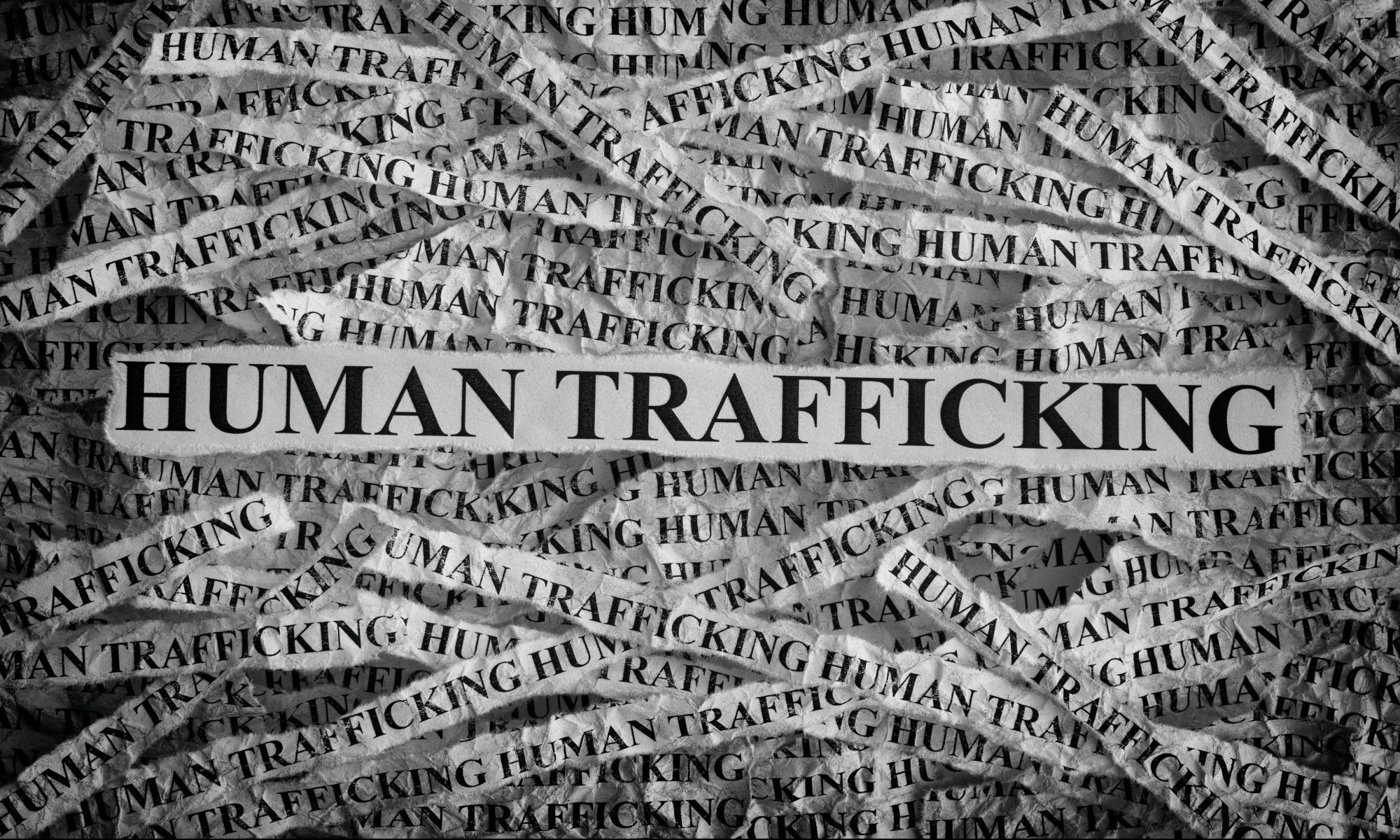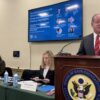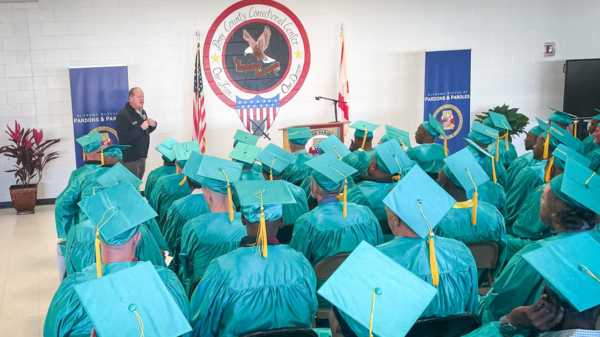Tuesday Alabama Gov. Kay Ivey signed a bill that would require students at trucking schools to take classes on identifying human trafficking. A second bill that would have exposed the men who purchase sex was pocket vetoed by the Governor.
House Bill 261 was sponsored by House Assistant Minority Leader Merika Coleman (D-Midfield) and State Representative Terri Collins (R-Decatur). The pair also sponsored HB262, which passed both Houses; but was not signed by Ivey, citing a drafting error.
State Senators Linda Coleman-Madison (D-Birmingham) and Cam Ward (R-Alabaster) carried the guided the bills through the Senate.
HB261 requires that all new commercial driver licensees undergo industry-specific human trafficking training. Truckers Against Trafficking, a national organization that trains truckers on identifying human trafficking victims in their daily work life, will work with junior colleges and trade schools to facilitate the training.
Alabama becomes the 9th state to partner with Truckers Against Trafficking and pass a law mandating human trafficking training for new CDL drivers.
HB262 would have clarified existing law to prohibit publishing photos of those charged with the act of prostitution, while allowing for publishing photos of those charged with soliciting or procuring prostitution. The bill was aimed at deterring “John’s” from purchasing sex and supporting human trafficking, while protecting potential victims of human trafficking from public identification. The goal is to create fear by would be sex buyers that their habits would be exposed thus making them more reluctant to be sex buyers. The women, girls, and boys who are being trafficked on the other hand would have their identities protected. Minors are already protected from being identified.
The bill passed the House, but in the Senate, State Senator Tim Melson (R-Florence) added an amendment that was intended to protect innocent “John’s” from public exposure. That bill would have required that the sex buyers be convicted versus merely arrested; before they could be publicly identified. That amendment contained a drafting error that made HB262 more ambiguous and potentially detrimental for the women who are selling the sex; but whom are seen as victims by the sponsors.
That perceived ambiguity in the Melson amendment, caused Governor Ivey’s staff to advise her to pocket veto HB262
Sponsors say that they will be re-introduce the bill next year. Rep. Coleman said that her and her team will work closely with the Governor’s Office and her Republican counterparts to ensure passage of a clean bill in the 2020 legislative session.
The Governor also signed two human trafficking resolutions: HJR145 and HJR244. HJR145 encourages ALEA to continue developing curriculum to ensure that every law enforcement officer and agent in the state is trained regarding human trafficking victim identification.
HJR244 creates the Alabama Healthcare Human Trafficking Training Program Commission, which is tasked with developing a training module for all healthcare related employees to readily identify and provide trauma-centered care for human trafficking victims.
“We are disappointed that HB262 was not signed, but are thankful for the diligence of the Governor’s staff in catching the drafting error,” said Rep. Coleman. “I look forward to working more closely with her office,” next year.
A ceremonial public signing for HB261 is expected in August.



















































